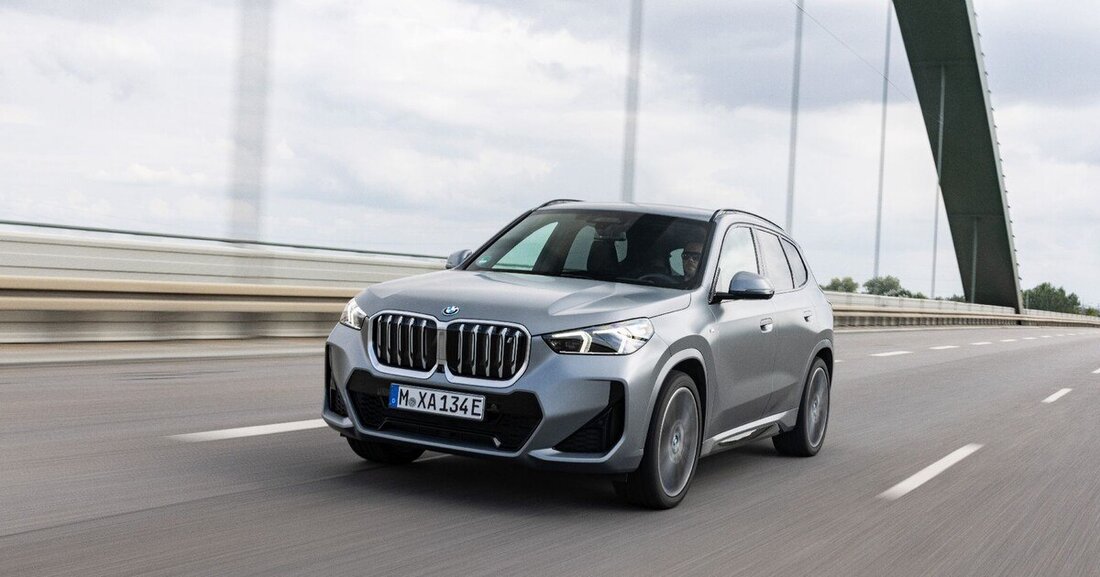BMW is riding the electric wave
Sales of electrified BMW and MINI models are reaching a new record level in Austria.

BMW is riding the electric wave
BMW is recording strong BEV growth of over 50 percent compared to the same period last year. Currently, 44 percent of new BMW and MINI registrations in Austria are electrified, i.e. equipped with a hybrid or purely electric drive. Just a few months after its market launch in October 2022, the BMW iX1 is Bavaria's most popular fully electric model with over 400 new registrations as of April 2023. The proportion of electrified vehicles in the BMW brand is already 46 percent.
One in four newly delivered BMWs in Austria no longer has a combustion engine on board. Globally, by 2024 at least one in five new cars from the BMW Group is expected to have a fully electric drive, in 2025 one in four newly delivered vehicles will be a BEV and by 2026 around one in three will be. From the BMW Group’s perspective, the “New Class”, which will then be ramping up, has the potential to further accelerate the market penetration of e-mobility. The drive for this will come from the BWM Group plant in Steyr. "With the BMW iX1, we have clearly met our customers' wishes. This is reflected in the rapidly increasing demand," says Christian Morawa, CEO BMW Austria. He is announcing an expansion of the BMW electric segment this year. A fully electric variant of the BMW 5 Series, the BMW i5, will come onto the market in 2023.
The BMW Group plant in Steyr is moving towards a future that is open to technology: from 2025, the next generation of electric drives will be built in Steyr - both in the areas of production and development. The BMW Group is investing around one billion euros by 2030 to expand its expertise. Thanks to the enormous capacity expansion, the plant in Steyr, Upper Austria, remains the BMW Group's leading drive location. The housings for electric drives are already being produced in Steyr today: the housing for the electric drive of the new BMW i7 comes exclusively from the Upper Austrian factory. Development of e-mobility is progressing even faster: over half of the approximately 700 employees at the development center in Steyr are already working in the area of e-mobility. By 2030, around half of all employees – today there are 4,500 – will work in the area of e-mobility.

 Suche
Suche
 Mein Konto
Mein Konto